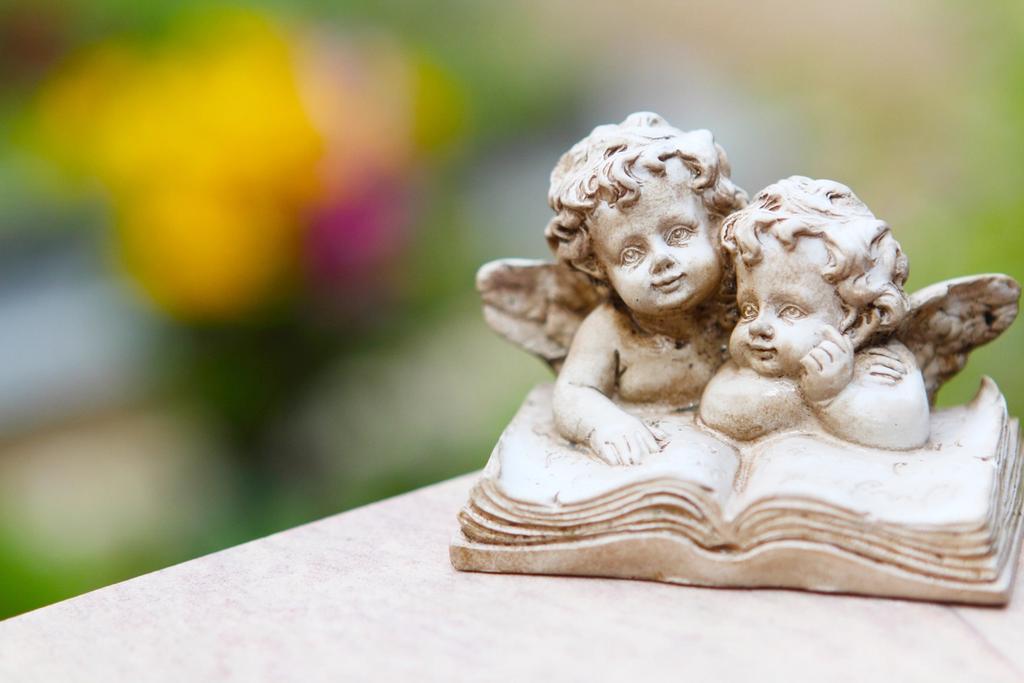Dealing With The Death Of A Co-Worker
Whether you were close, at odds, or barely acquainted with the deceased, grief can present itself in many different ways.

Work relationships can be difficult to navigate no matter the environment. But what happens when one of your co-workers dies? An awkward social interaction just transitioned into full blown etiquette anxiety, whether you were close with the person or not. Luckily, we have some professional advice no matter your situation.
Allow For Space And Time To Grieve
According to Dr. Ana Puig, the Research Director of the Office of Educational Research at the University of Florida, “death happens around us all the time. Unfortunately, our society does not do a good job of acknowledging death or allowing space for the grief that ensues. It's important to openly acknowledge the loss and allow space and time for co-workers to talk about the loss, formally (a dedicated group meeting) or informally (lunch room conversations).”
Reach Out With A Card For The Family
If you weren’t particularly close with the deceased co-worker, you may not feel comfortable attending the funeral. Initiating a condolence card for the entire office to sign, along with a pool for flowers or food, is a nice gesture that comes from the whole community and takes the pressure off you as an individual.
Attend The Funeral Services
Find out if it's a private service for immediate family and close friends, or if it's open for all to attend. Human resources or someone in a leadership position should relay this information. If this isn't the case, take it upon yourself to obtain the funeral or memorial information from a death notice or obituary. If you must contact the family, make sure you're the only person from your company doing this so they're not bombarded with questions during what is sure to be a difficult time.
“Patience and flexibility are crucial,” Dr. Puig explains. If a person wants to attend the funeral, their employers should ensure they have the time to do so without worrying about missing time in the office.
For More Intense Situations, Employers Should Offer Counseling
“If the loss is traumatic or unexpected (murder, suicide, accidental), complicated grief can ensue,” Dr. Puig says. “In this instance, a more formal type of support may be required, for instance, a referral to counseling services or a bereavement support group.”
Understand That Grief Is Complicated
“Even if the person who dies was only an acquaintance, it's possible [you] will still be affected,” Dr. Puig says. “Sometimes a death can trigger memories of our own losses, even if we didn't know the person very well. If an employee did not get along or have a contentious relationship with the dead person, they could experience guilt or confusion about the feelings that emerge. They, too, need support. It's important to remember that each of us grieves differently and grieving takes time.”
Related: What To Do If A Death Occurs At Work
- How To Express Sympathy: What To Say And What...We’ve compiled a list of things to say—and things to avoid saying—when...Read more
- A Quick Overview Of Proper Funeral EtiquetteFunerals are emotionally complex, and knowing how to act can present a...Read more
- The Five Stages Of GriefAfter experiencing a loss, it's common to go through a range of emotions...Read more
- Funeral Pre-Planning Cheat SheetPlan now, rest later.Read more



